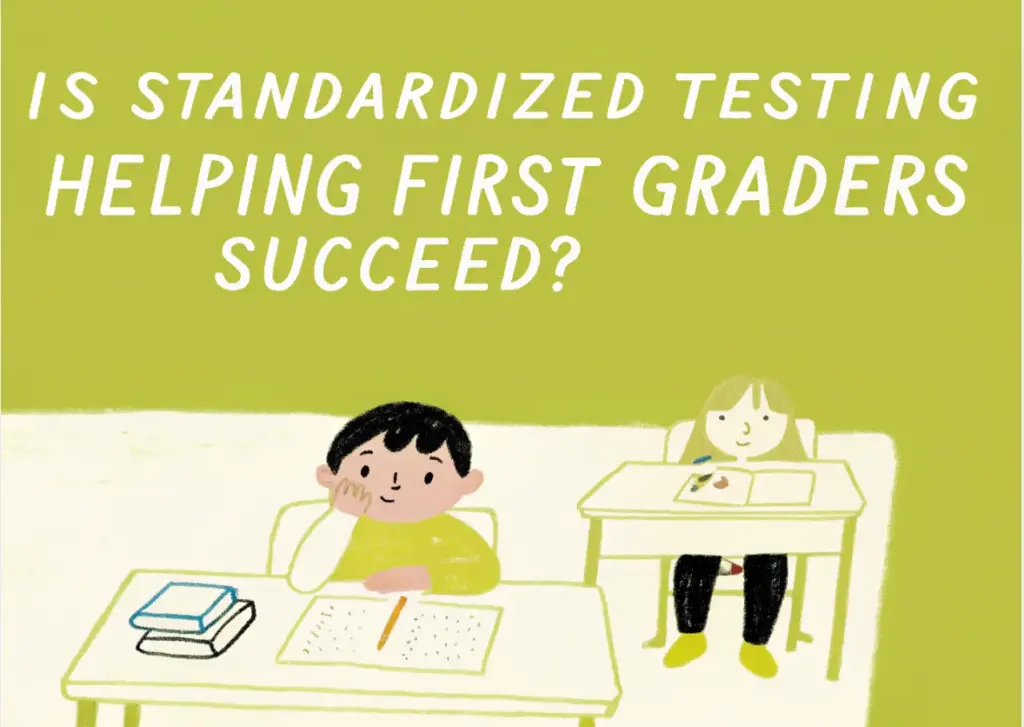The Role of Tests in Early Education
Standardized testing has long been a pillar of the U.S. education system. From the SAT to the ACT, these assessments are seen as key indicators of student readiness and potential. But applying similar testing methods to first graders has sparked debate. Are these assessments suitable for such young learners?
Critics argue that early testing is often inappropriate and can distort how we evaluate both students and teachers. Still, supporters point out that tests—if well-designed—can serve as useful tools for tracking progress and identifying areas where support is needed.
A Test-Driven System Isn’t New
Higher Education Relies on Testing
The idea that tests are an unfair burden is not entirely accurate. In reality, most of the education system already operates on standardized assessments. College admissions heavily depend on exam scores. Without solid performance on tests like the SAT or ACT, many students face limited access to higher education.
Why Testing Matters
In a society where accountability is expected across most professions, education should be no exception. Tests provide measurable benchmarks that can support teacher evaluation and curriculum improvement. When implemented with care, they can highlight both strengths and gaps in learning.
The Problem May Be the System, Not the Tests
Systemic Challenges
Rather than blaming tests alone, it’s worth examining whether the broader education system is failing. Issues like underfunded schools, rigid curricula, and lack of teacher support can all contribute to poor performance—regardless of how tests are structured.
Supporting and Evaluating Teachers
Teachers deserve better pay and professional respect, but they also need to demonstrate effectiveness. A fair, well-designed test can help identify whether a teacher is meeting instructional goals. Those who consistently fall short should be given support—or held accountable.
A Call to Reimagine Education Standards
Elevating the Teaching Profession
To make teaching a truly respected career, salaries must reflect the job’s importance. But high pay should come with high expectations. Professional development, ongoing training, and clear evaluation tools—including testing—should all play a role.
A Balanced Approach Forward
One flawed test doesn’t invalidate the concept of testing itself. Instead of abandoning assessments altogether, we should strive for a smarter system—one that considers developmental readiness, ensures fairness, and uses testing as one of many tools to support student growth.



